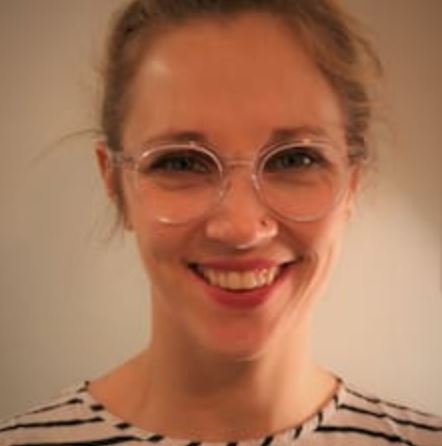More medical schools need to recognise that A-level grades are not the best way to judge the potential to be a doctor, says Katie Knight
A recent article in The Times reported that some medical schools have eased admission rules in order to increase diversity. The article revealed that some medical schools have dropped chemistry as a prerequisite to studying medicine, in an effort “to attract more girls and poorer pupils” and “break the stranglehold of affluent and privately educated students.” Chris McGovern of the Campaign for Real Education is quoted in the article saying “this is social engineering gone mad.”
On the contrary: what a brilliant first step towards selecting more of the right people to be doctors—not just to be medical students.
The current, decades-old set up of university admissions is designed to pick out people who are going to be good at being medical students—the ones who sail through academic study with a raft of A’s, the ones whose exam technique and memory never fail them. But as any new F1 can tell you, the skills that you need to bust through the hardcore study of medical school are completely different to the ones you need as a doctor.
Why do we think people who can remember and recall vast amounts of information to reproduce under exam conditions are going to be the best doctors? This skill served a certain purpose in the pre-digital age—but now that every single doctor (and patient) has a supercomputer in their pocket, being able to recite every cause of hypocalcemia from memory seems at best an impressive party trick, at worst irrelevant when google can get you the same answer in 0.13 seconds.
Before anyone jumps to the conclusion that I am promoting laziness or Doctor Google, I actually think that the doctor’s role is now more complex, and is far more about synthesis, not recall, of information; analysis of multiple (sometimes conflicting) sources of evidence, and the skill of being able to draw this all together into something which the patient in front of you can understand, whether that is a diagnosis, a treatment plan, or a careful explanation of why their internet based self-diagnosis wasn’t correct.
The job has fundamentally changed and will only continue to do so as technology advances at exponential speeds. But the one constant is that medicine is all about people. It is about instantly building rapport with someone who is potentially having the worst day of their life; managing conflict in your team while simultaneously running a cardiac arrest; supporting a colleague who has just witnessed something awful and doesn’t know how to make it through the rest of their shift. Emotional intelligence in this career is at least as important as IQ.
MerseyCare, a large mental health trust, has a hugely successful Nursing Associate programme. Their mantra “recruit for values, train for skills” means that they cast the net as wide as possible, looking for raw talent in communities that are not “traditional” suppliers of future nurses (which many of their nursing associates then go on to be).
What if we went looking for a completely untapped pool of talent in schools—the people who would be excellent doctors because of the people they are and their potential to develop, not the grades they get in the subjects they happen to be good at?
I’d rather have a compassionate, thoughtful, and analytical medical student who learns the necessary biochemistry during their university years, than someone who knows the Krebs cycle backwards, but struggles to empathise with a dying patient’s family. The thought that there are hundreds of students out there who would be excellent doctors if we just went looking for them with a different set of criteria is tremendously exciting.
Hats off to the medical schools who have modernised their approach to admissions by dropping chemistry as a prerequisite. Diversity will increase, and I hope we will see new medical students and doctors who are equally valued for their skills with people as for their scientific ability.
Now, who will be radical enough to move over completely to values-based recruitment?
Katie Knight is a paediatric emergency medicine registrar, National Medical Director’s Clinical Fellow at Health Education England, and Founder/Lead Editor, paediatricFOAM.com
Competing interests: KK did A levels in Biology, Chemistry, English and Art.

